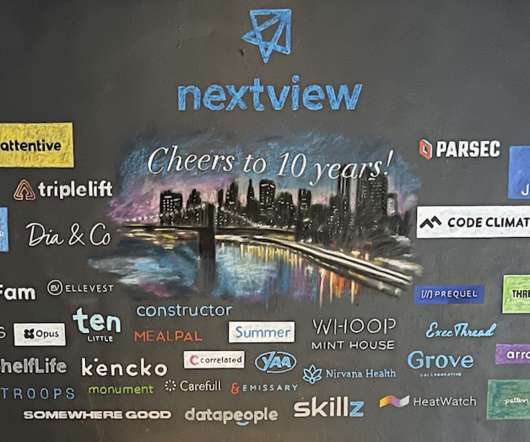5 Keys To Negotiating Your Fair Share Of Any Startup
Startup Professionals Musings
AUGUST 9, 2020
Investors may not be called co-founders, but they always get equity, commensurate with their share of the total costs anticipated, or share of the current valuation. The challenge is for real co-founders to keep their equity percentage above 50%, or they effectively lose control of operational decisions.






































Let's personalize your content